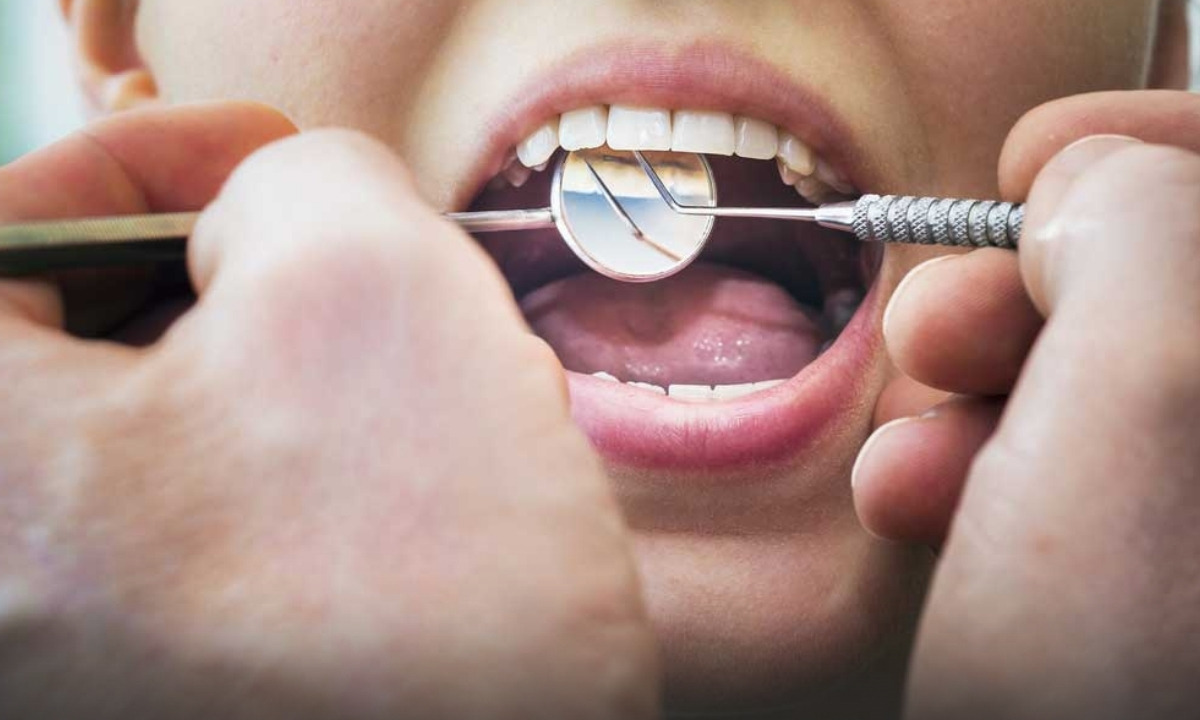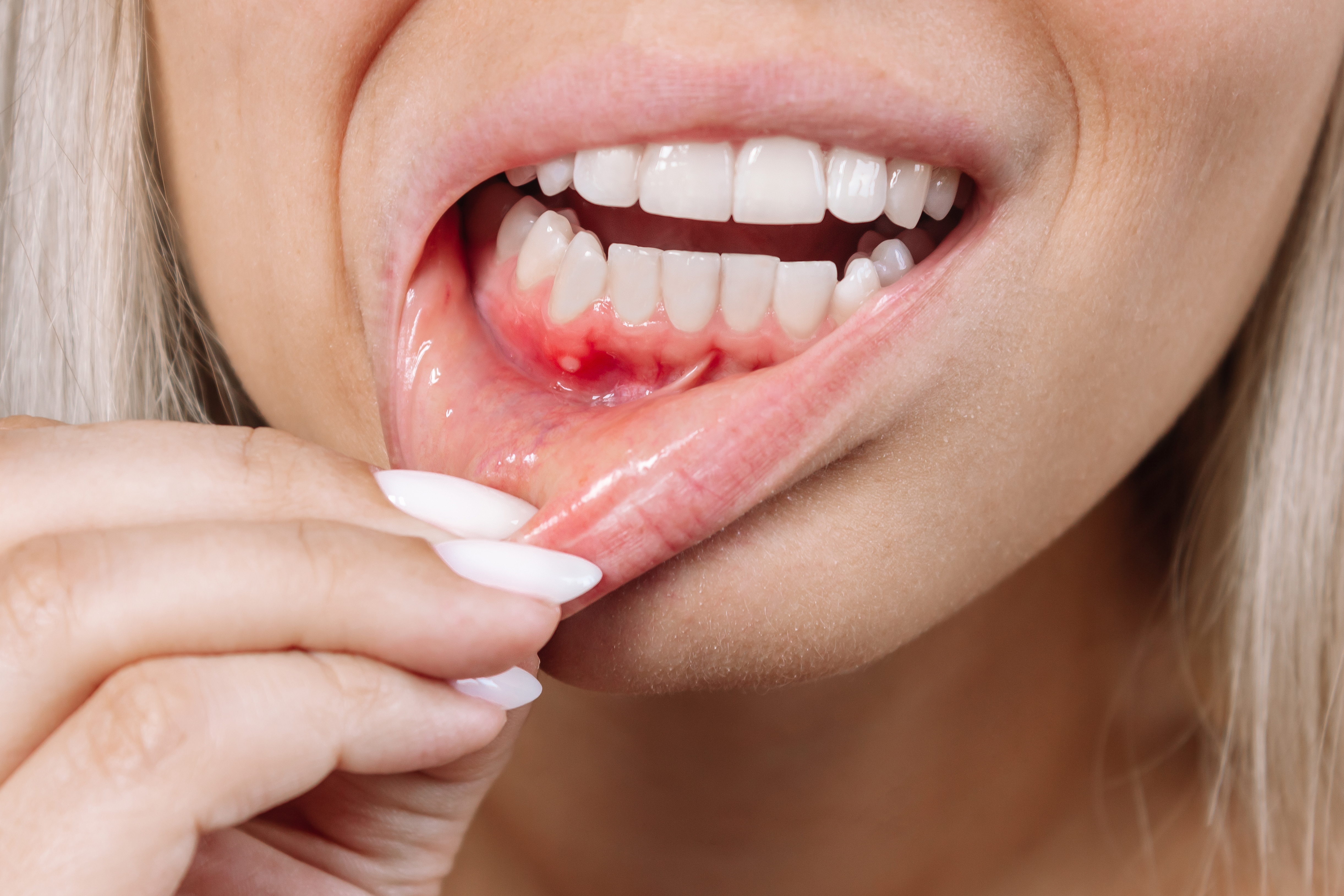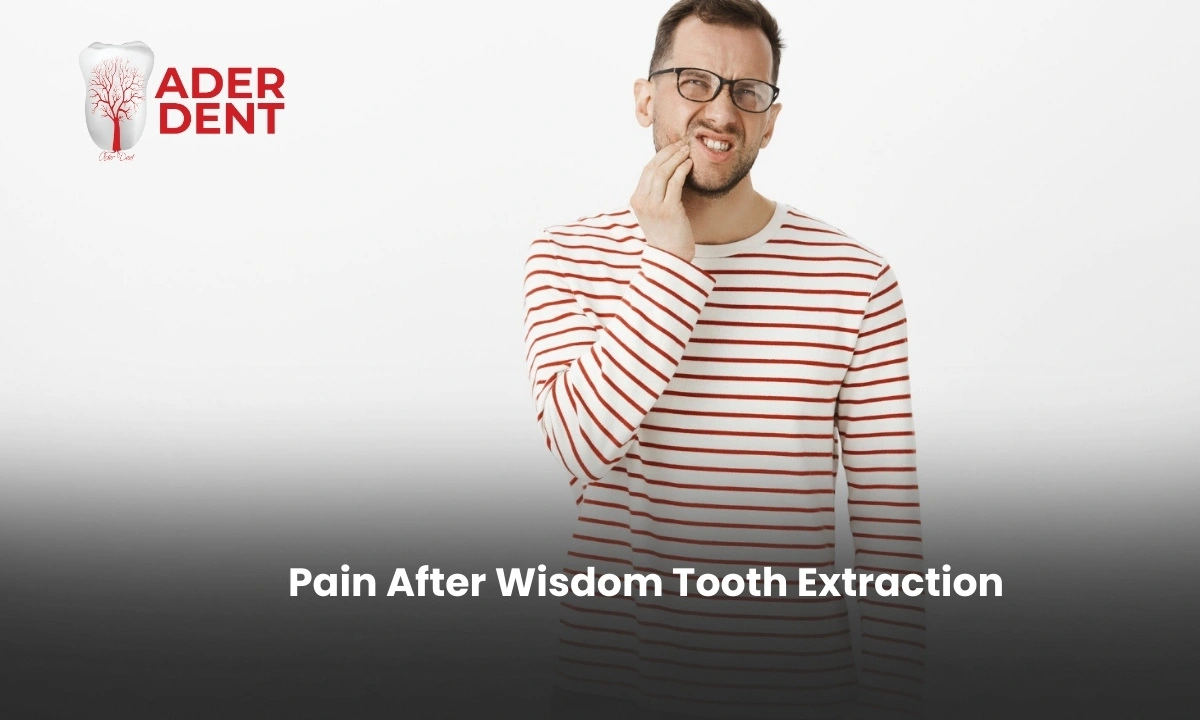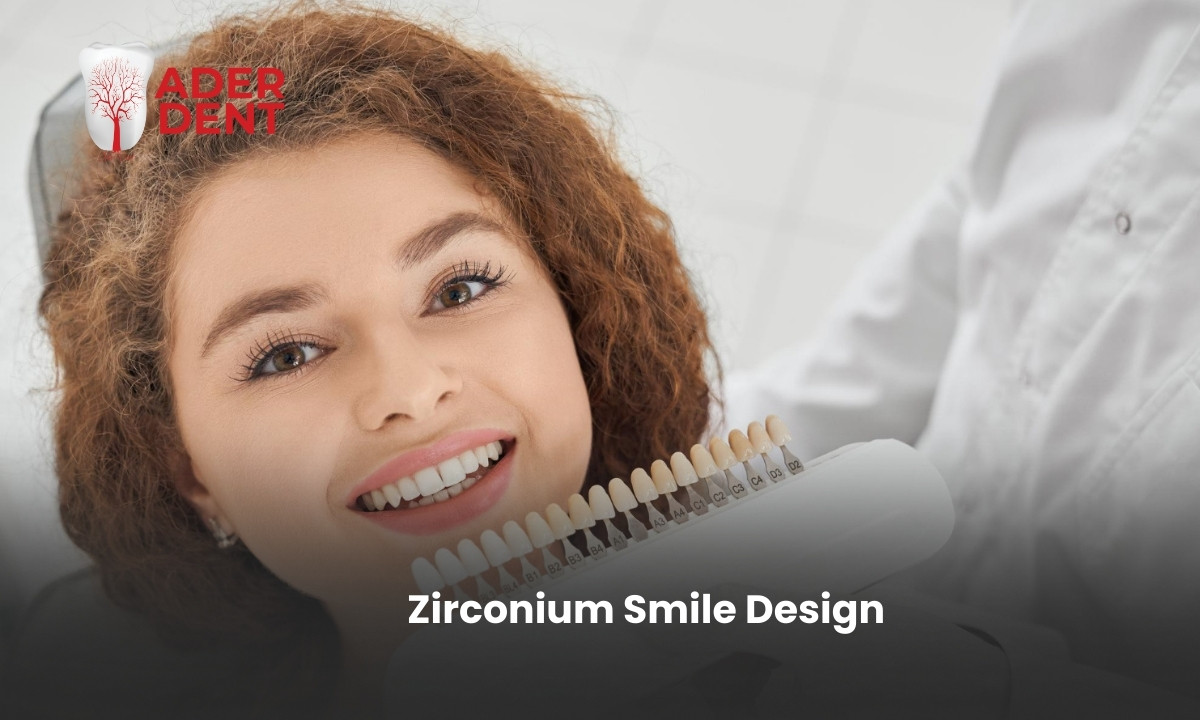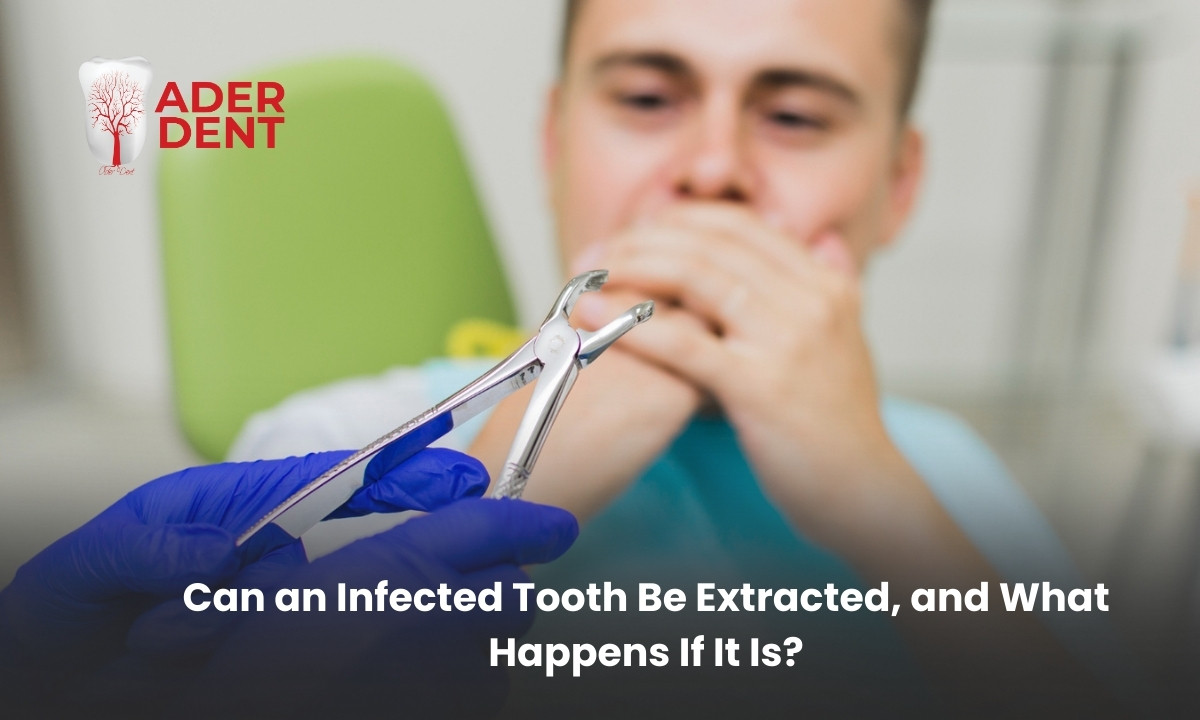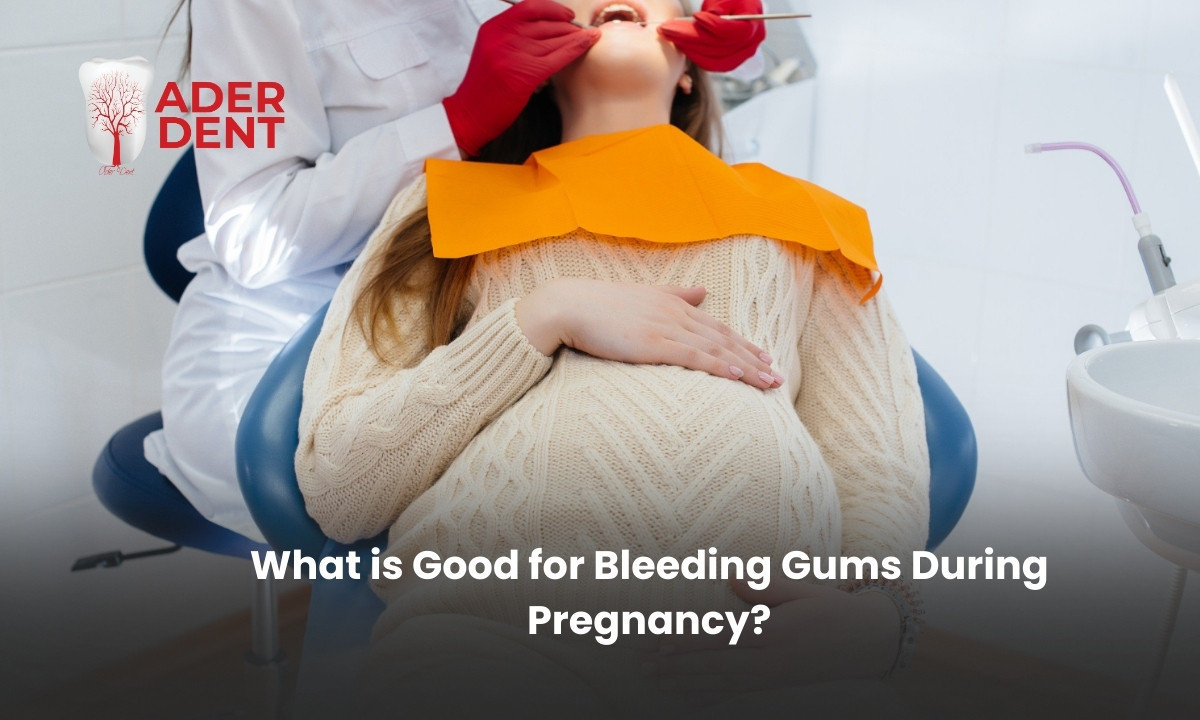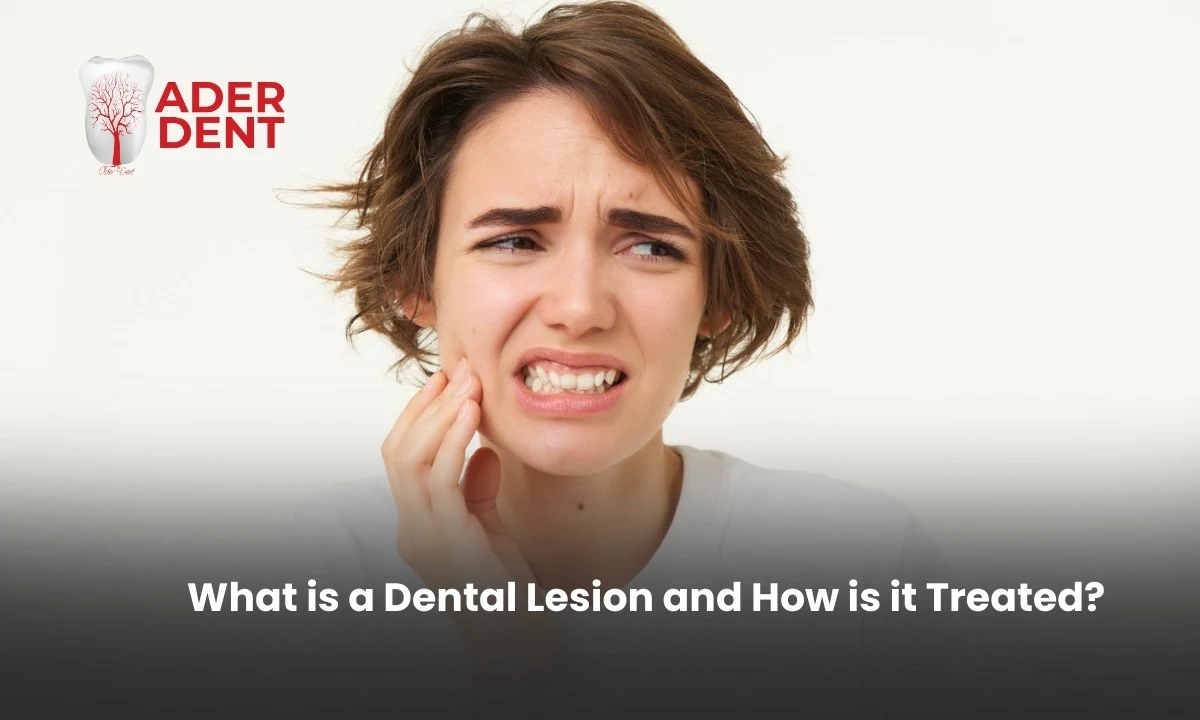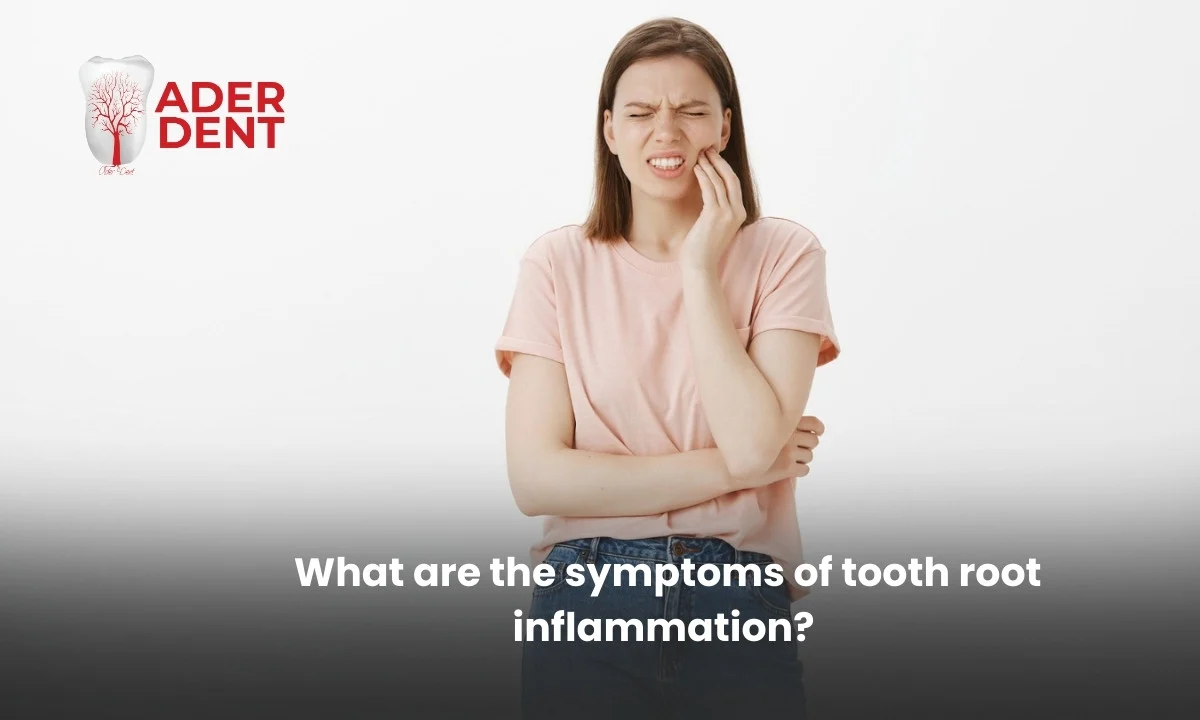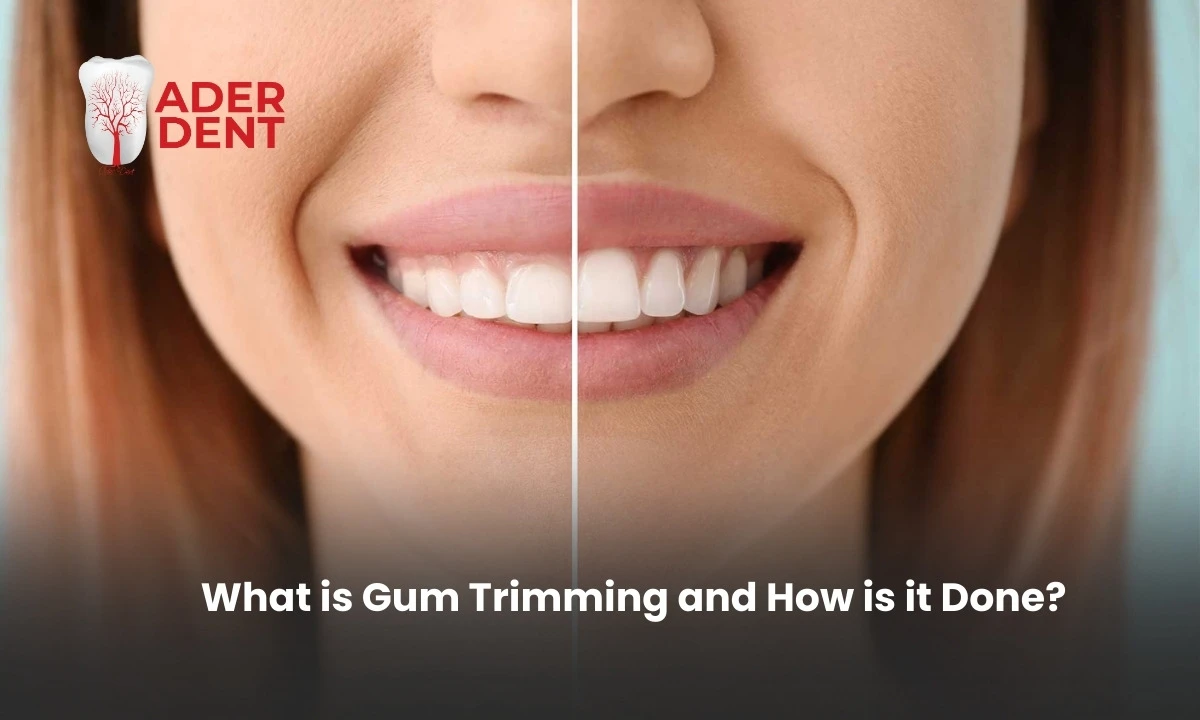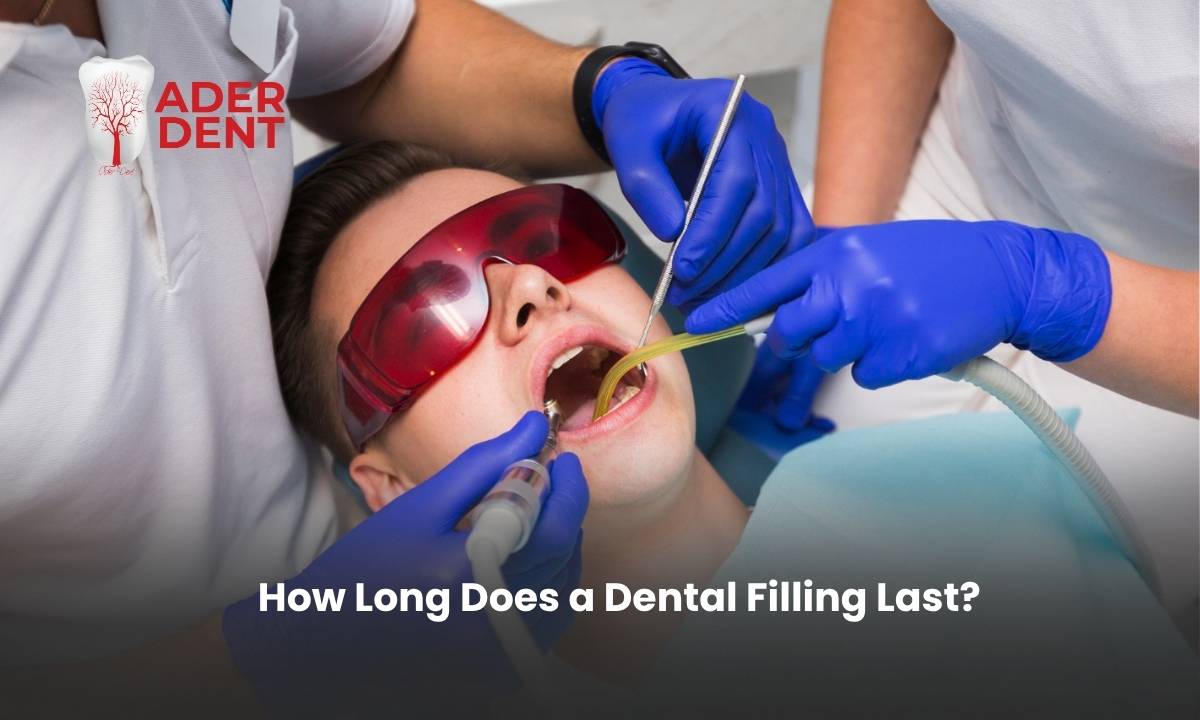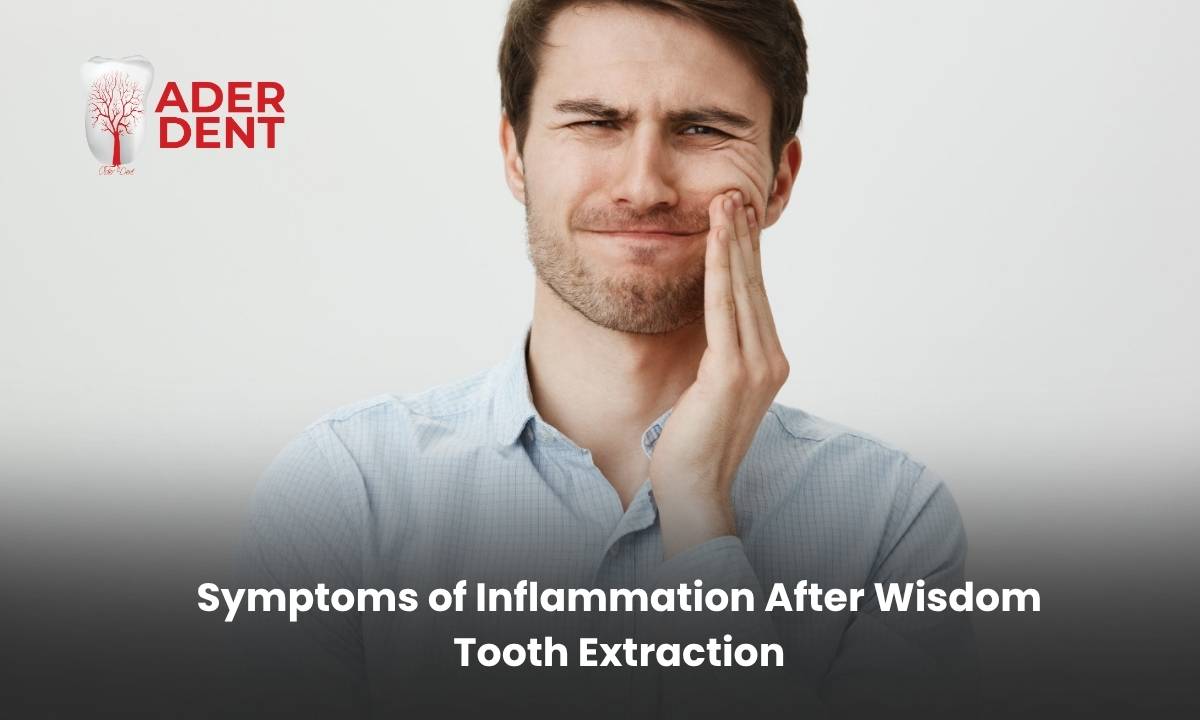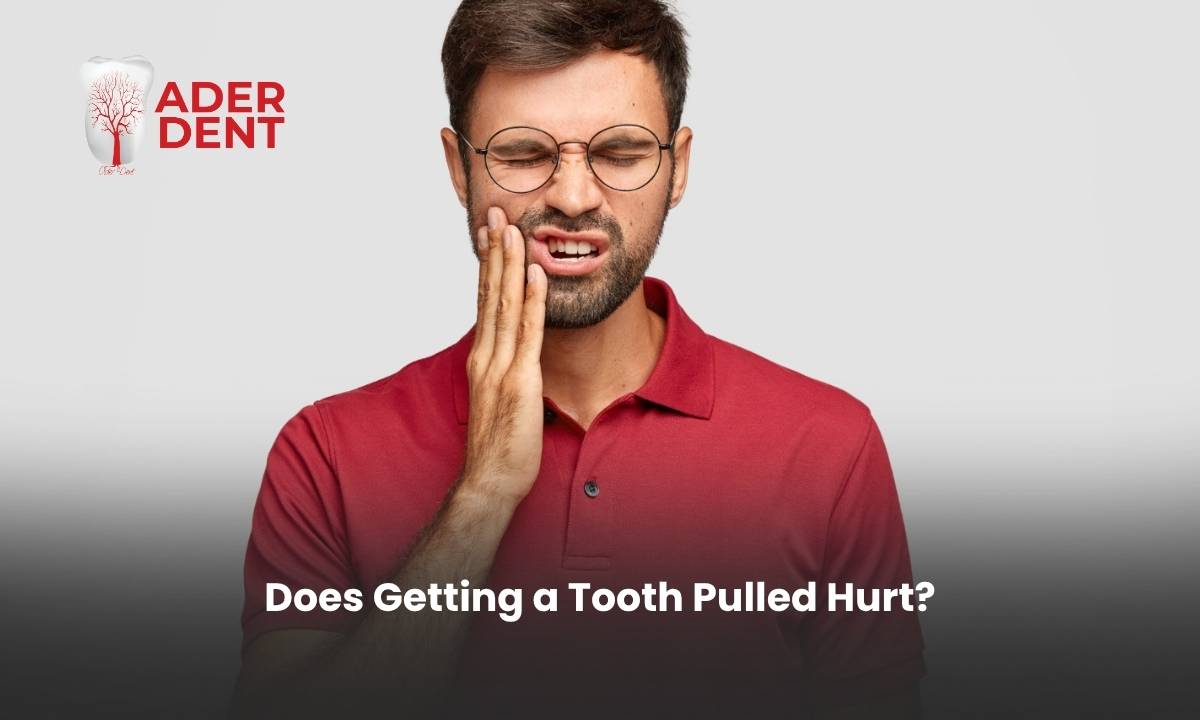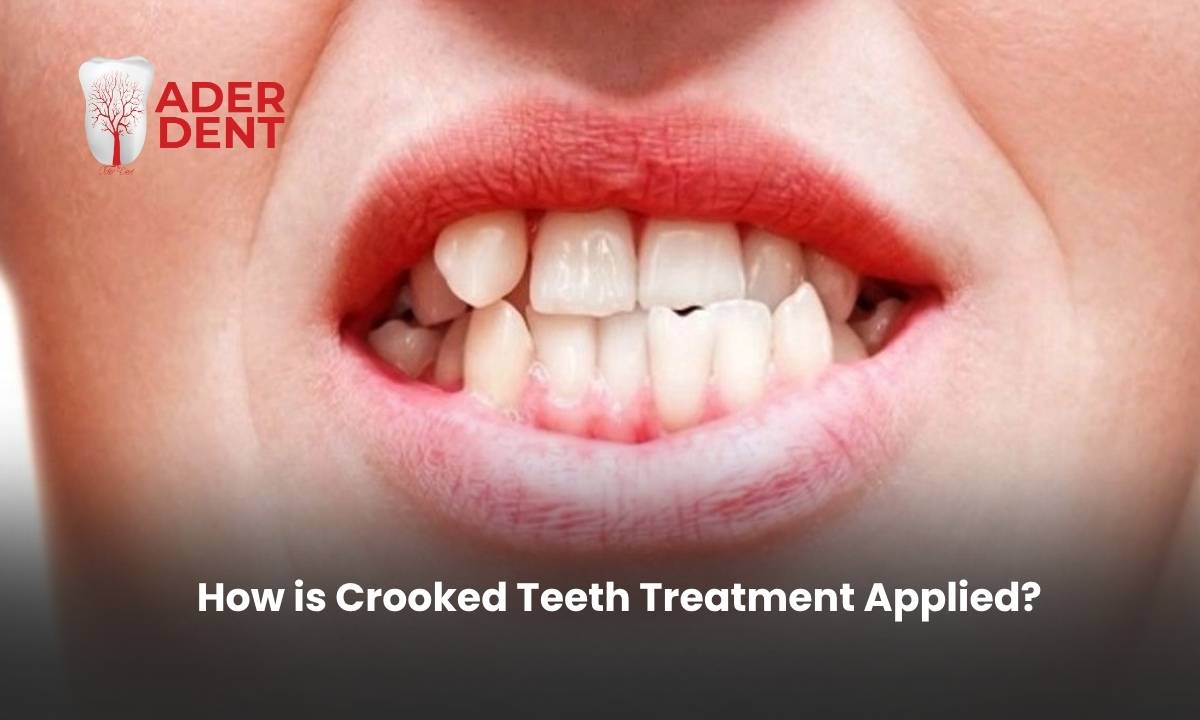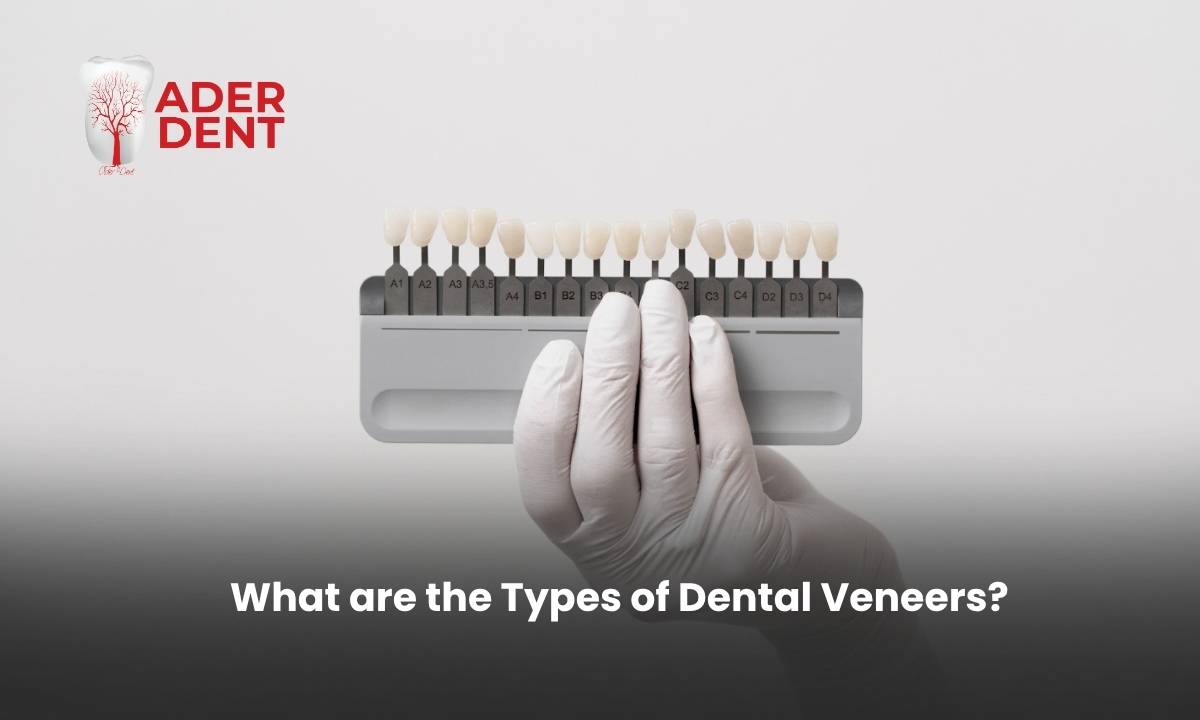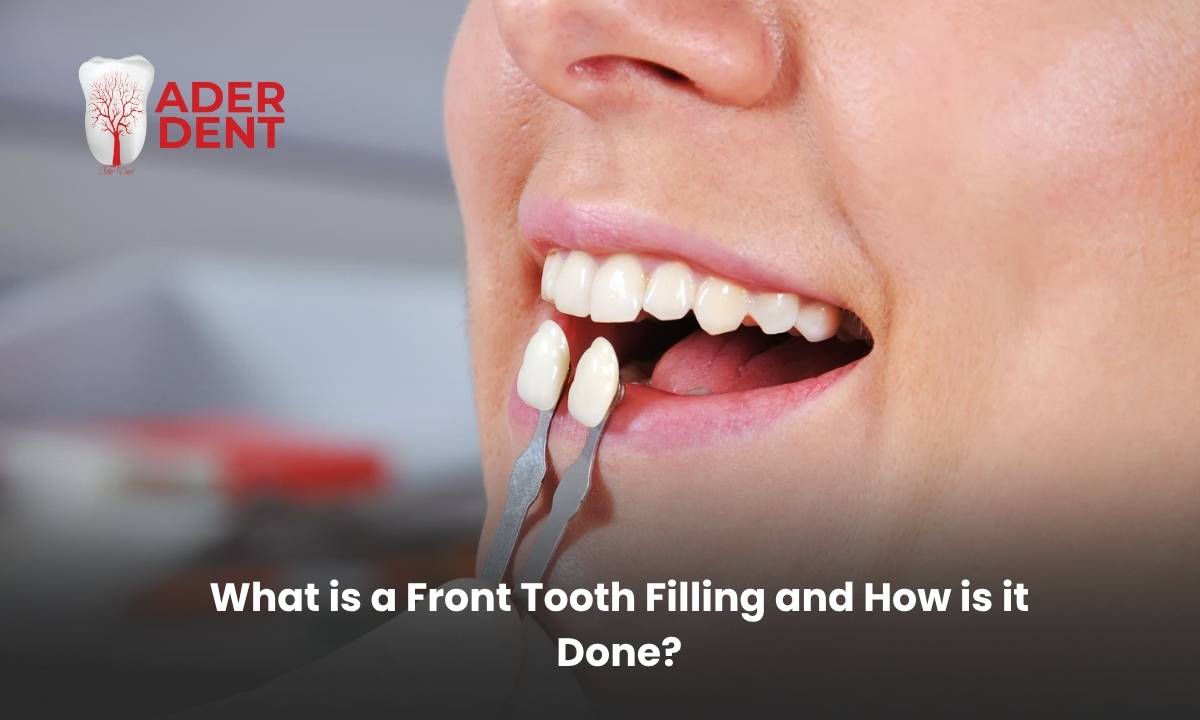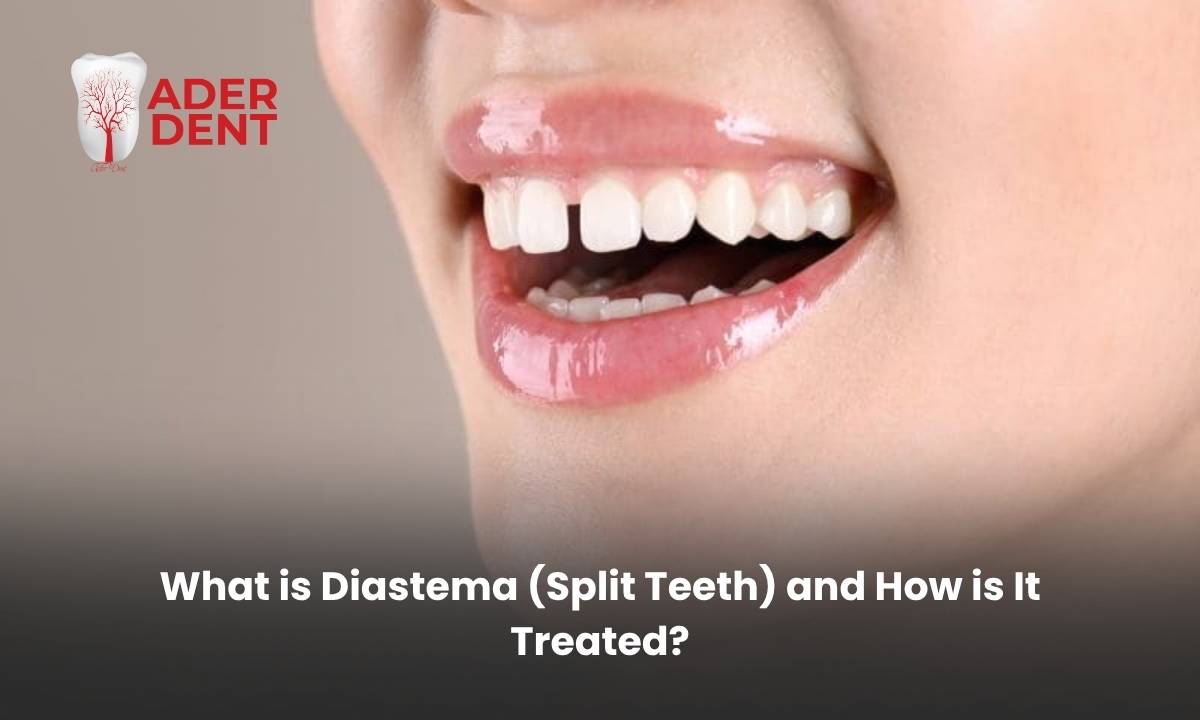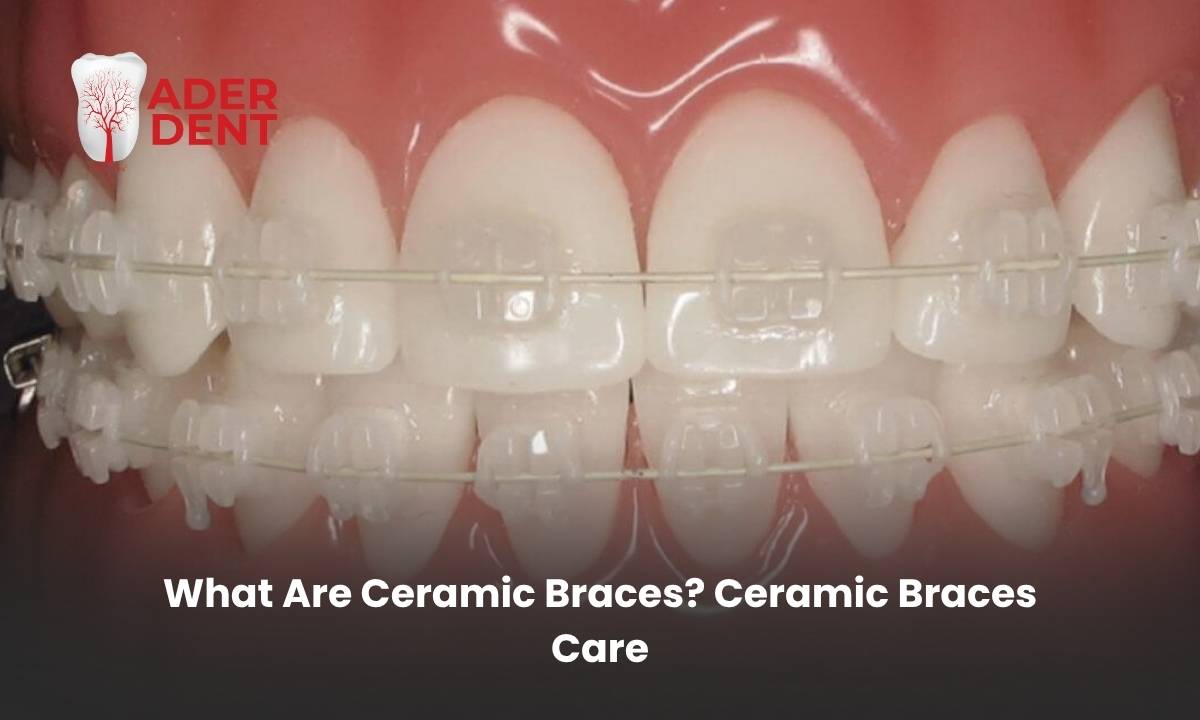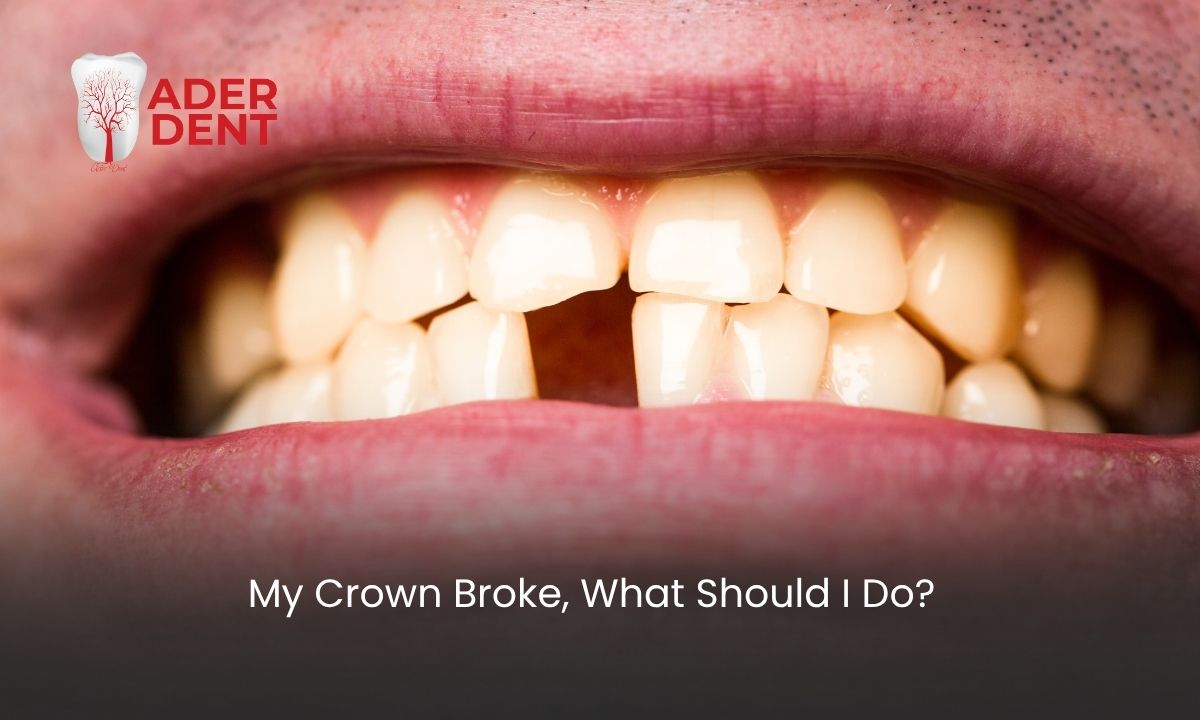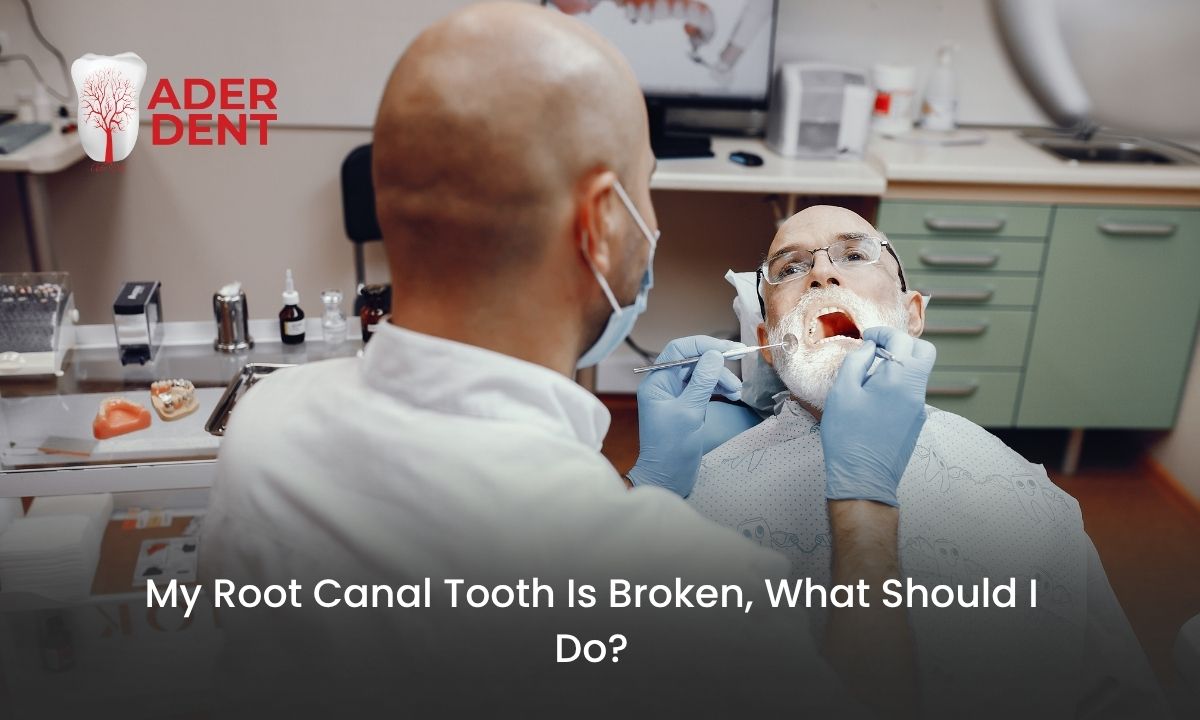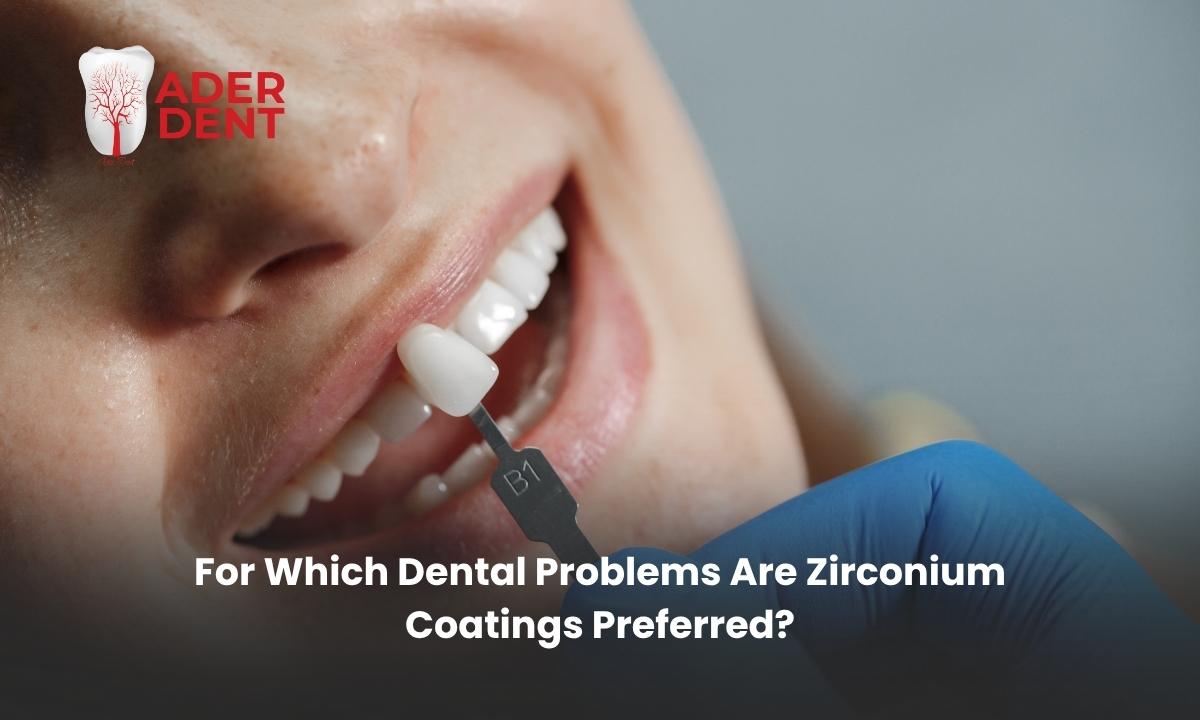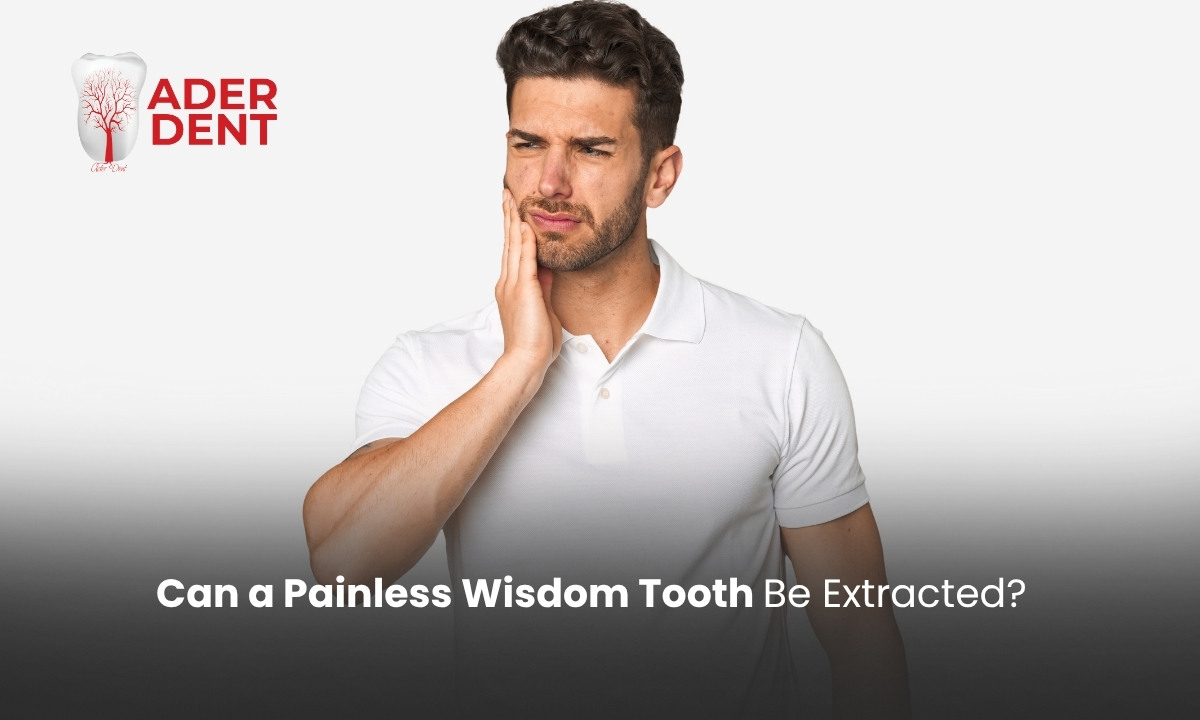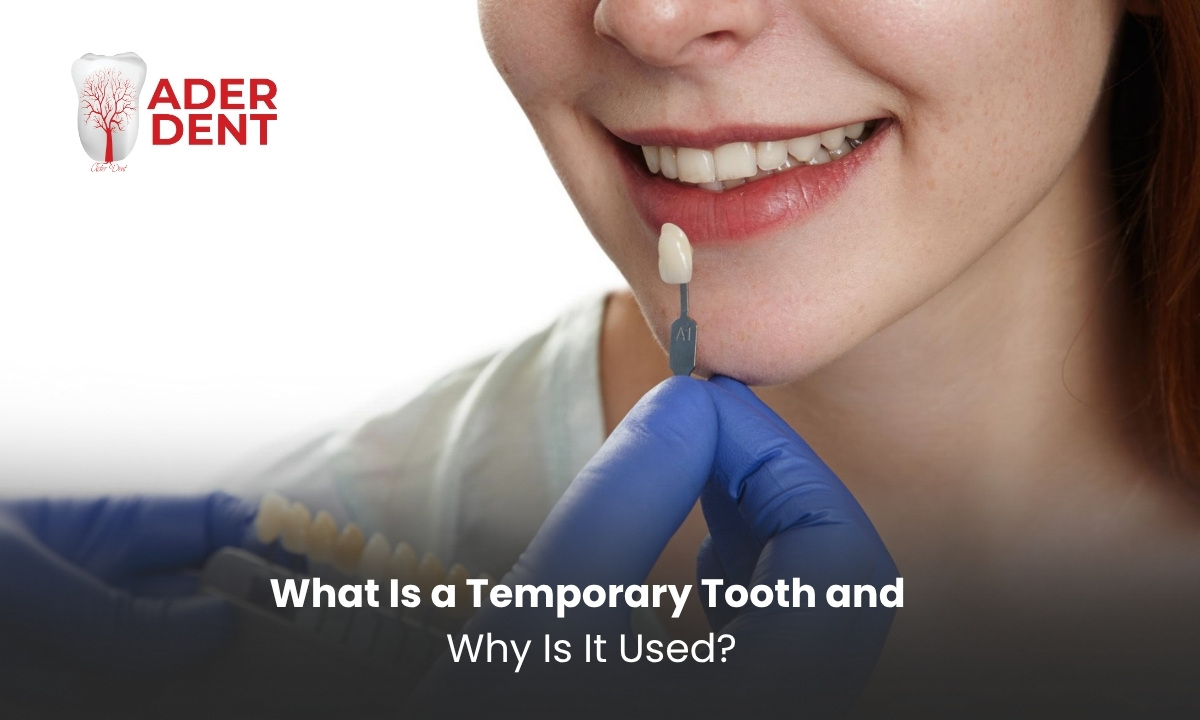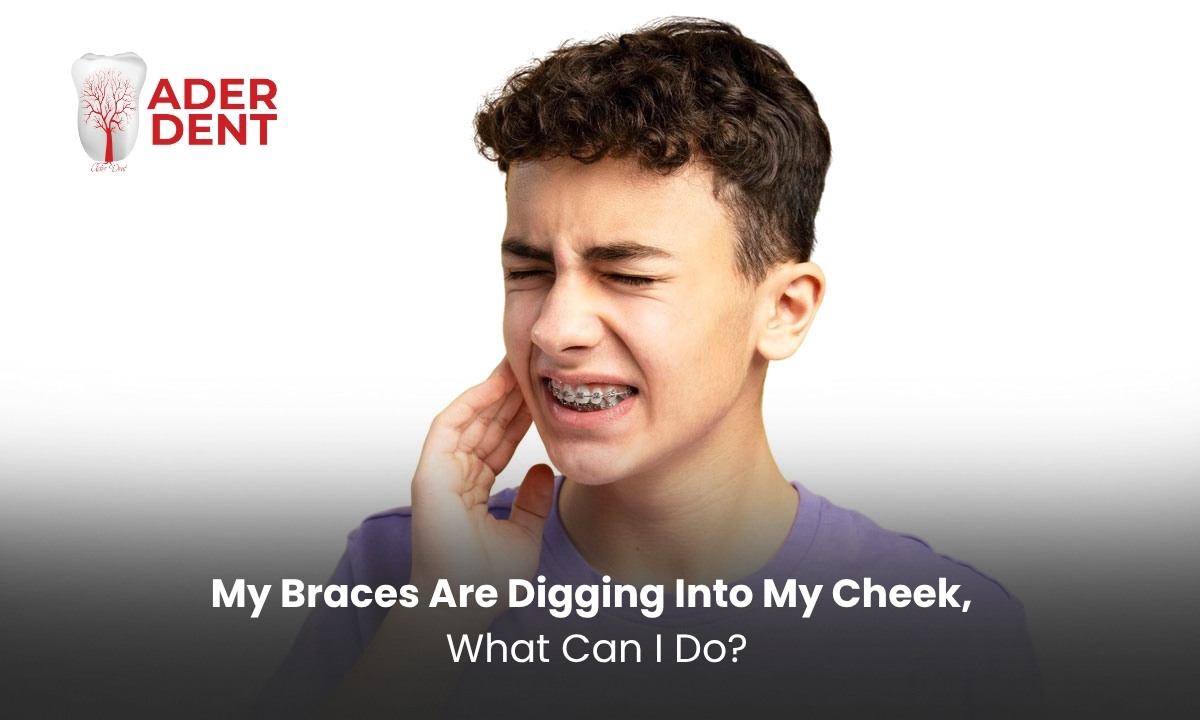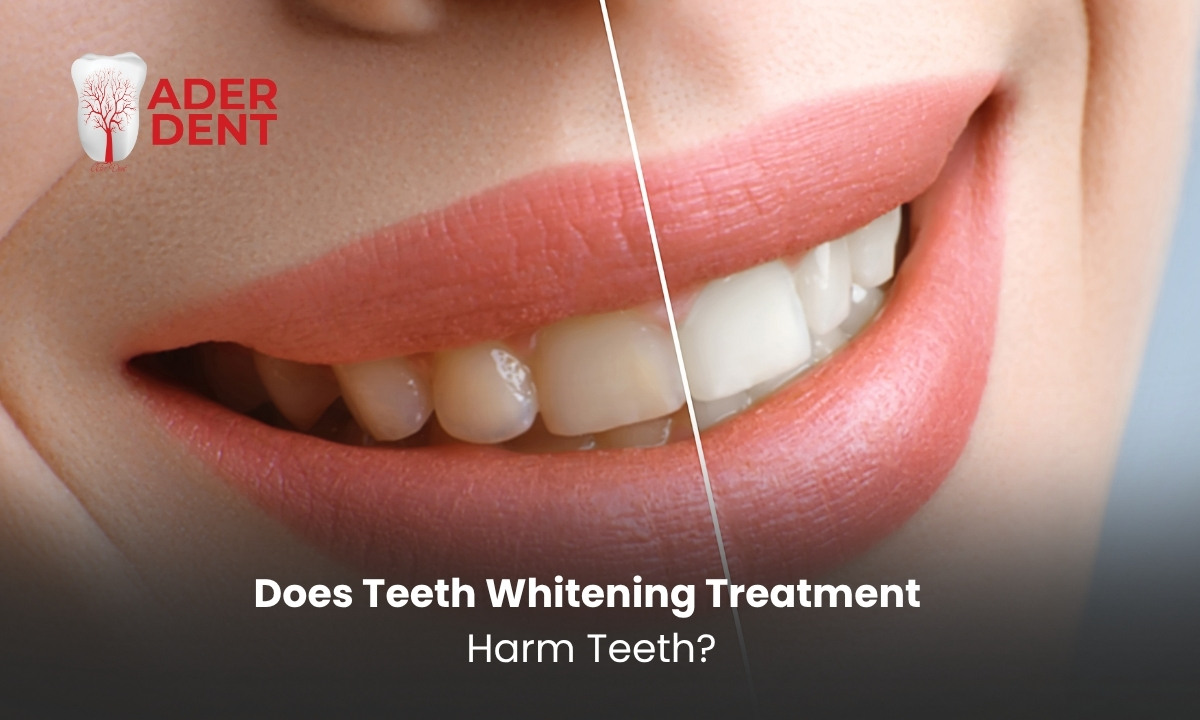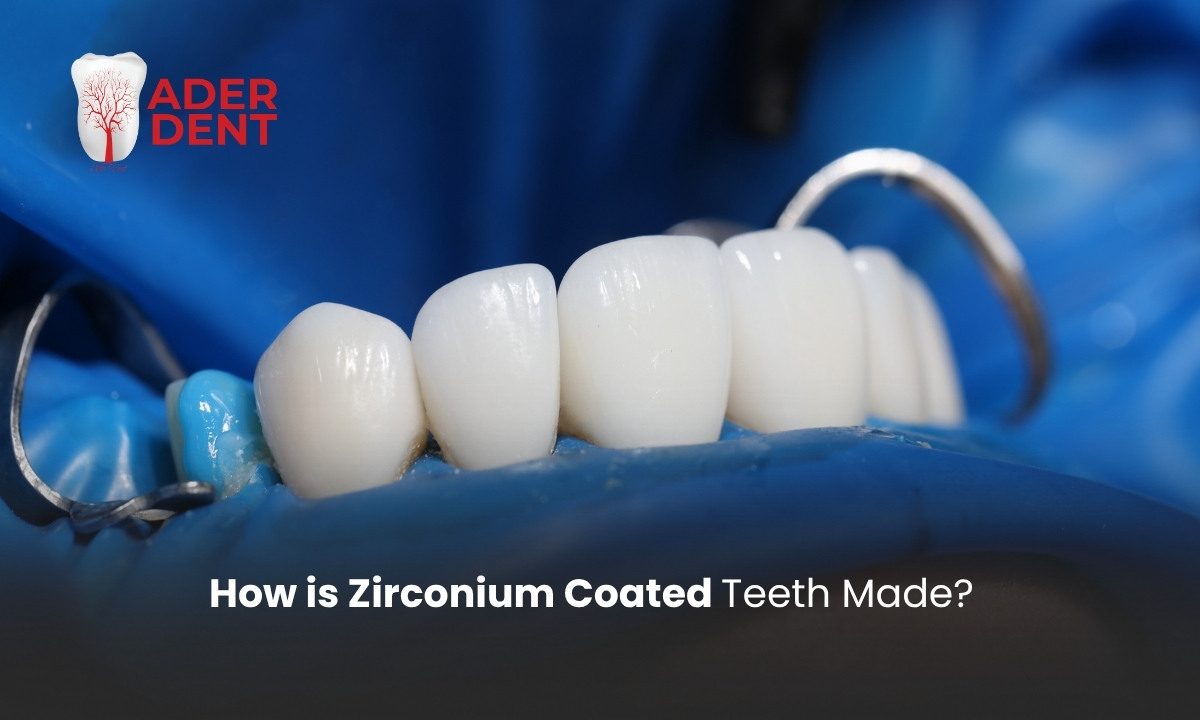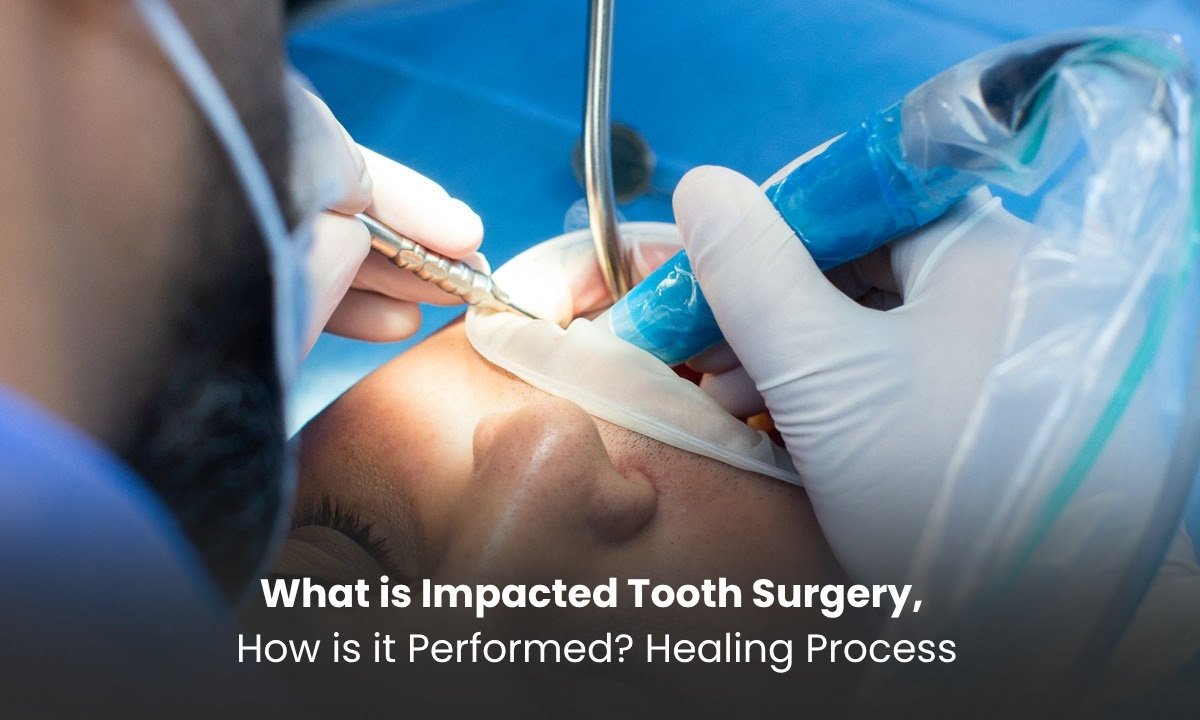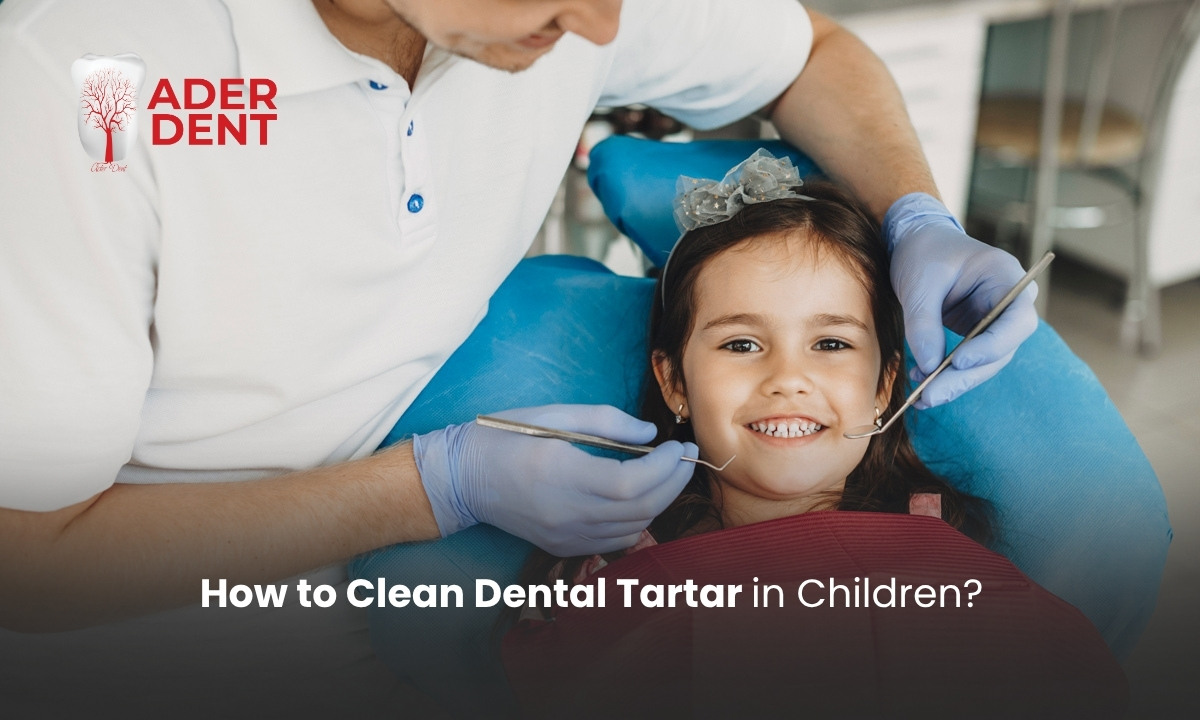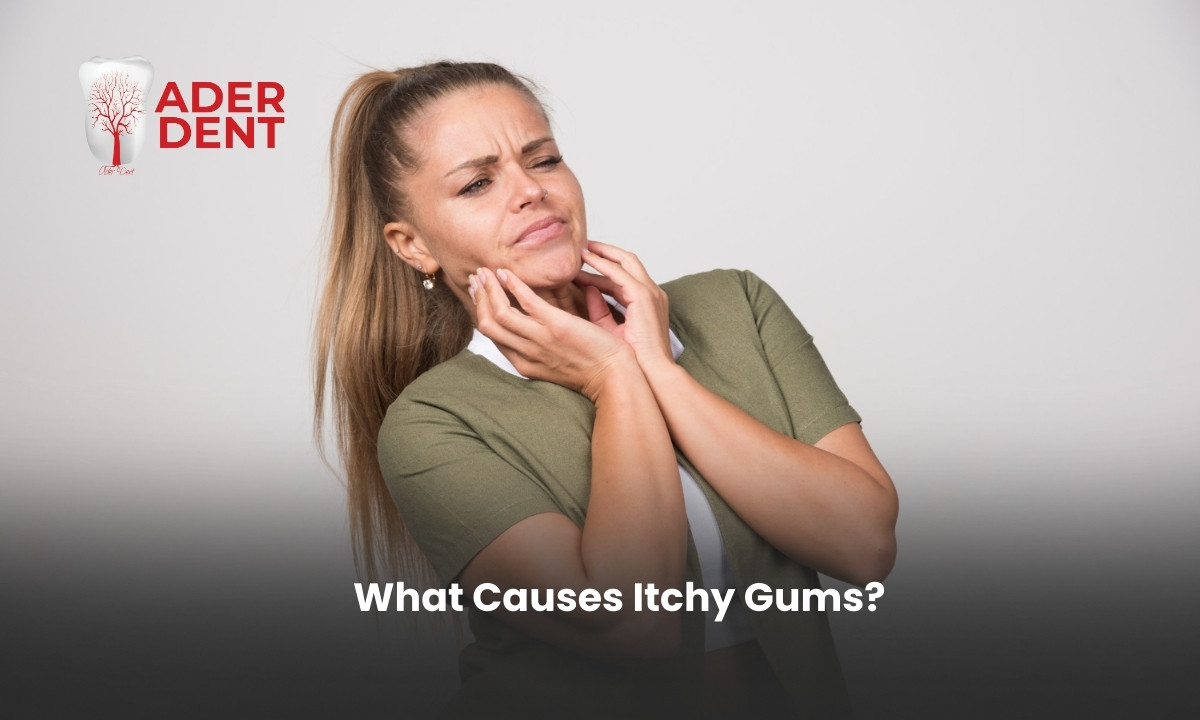
Gum itching is a common oral health problem that many people unknowingly neglect. The itching may increase especially during flu season and can significantly affect daily quality of life.
Knowing what causes gum itching, in which cases it can be dangerous, and how to stop it is critical for an effective solution. In this article, we will answer many questions such as “What is good for gum itching?” and “What causes gum itching?”
What is Gum Itching?
Gum itching is defined as an unpleasant sensation of itching in the gums. It usually develops due to irritation, inflammation, or allergic reactions in the gum tissue. It begins as a mild tickling and gradually turns into intense discomfort.
Gum itching can appear as a symptom of other oral and dental health issues. Therefore, it is recommended to see a dentist and maintain regular oral care.
What Causes Gum Itching?
The most common cause of gum itching is gum inflammation caused by plaque buildup. Bacteria and food residues accumulated on the tooth surface irritate the gums, leading to itching.
In some people, foods such as fruits or nuts, or ingredients in toothpaste, mouthwash, or denture adhesives can cause allergic reactions that trigger gum itching. Materials used in fillings and crowns may also rarely cause a similar effect.
In babies, teething and in adults, the eruption of wisdom teeth can cause sensitivity and itching in the gums. Teeth grinding (bruxism), dry mouth (xerostomia), and hormonal changes (pregnancy, adolescence, menopause) can also increase this complaint. In addition, braces, ill-fitting dentures, oral thrush (candidiasis), and viral infections are other important factors that can lead to gum itching.
What is Good for Gum Itching?
To relieve gum itching, it is first necessary to maintain regular oral hygiene. Brush your teeth twice a day with a soft-bristled toothbrush and fluoride toothpaste, and use dental floss to remove plaque. Alcohol-free antiseptic mouthwash reduces bacteria in the mouth and alleviates inflammation. Gargling with warm salt water can also soothe the itching.
Applying a cold compress to the cheek can temporarily reduce swelling and itching. Review the use of new toothpaste, mouthwash, or foods in case of possible allergies. In addition, drinking plenty of water, avoiding sugary and acidic foods, and having regular dental check-ups will help protect gum health.
How to Get Rid of Gum Itching?
- Brush your teeth twice a day gently with a soft-bristled toothbrush and fluoride toothpaste.
- Use dental floss to clean plaque between teeth and along the gum line.
- Reduce bacteria and alleviate inflammation with alcohol-free antiseptic mouthwash.
- Apply a cold compress to the cheek to temporarily reduce swelling and itching.
- Gargle with warm salt water to reduce bacteria in the mouth and provide relief.
- If you suspect the itching is caused by an allergic reaction, stop using new products.
- Control teeth grinding by practicing stress management techniques or using a night guard.
- Avoid very hot, cold, acidic, and spicy foods to prevent irritation.
Gum Itching During Flu
It is often normal to experience gum itching during flu or colds. During flu, the body reacts in different ways to the infection, and gum itching can be one of these reactions. It often begins with dry mouth caused by flu and infection, and progresses to gum itching and a burning sensation in the mouth.
During the flu, maintaining regular oral hygiene, drinking plenty of fluids, and taking measures to reduce dry mouth can help alleviate gum itching. If symptoms do not improve or worsen within a few days, it is important to consult your Pendik dental polyclinic or dentist to ensure early detection of potential problems.
Symptoms of Gum Itching
- Persistent or intermittent itching sensation in the gums
- Redness and tenderness in the gums
- Bleeding while brushing or eating
- Mild swelling or edema
- Tightness or fullness in the gums
- Bad taste or odor in the mouth
- Occasional tingling or burning sensation
These symptoms are usually temporary; however, if they persist, do not improve, worsen, gum bleeding starts, or gum recession occurs, be sure to consult a dentist. Early treatment can prevent future tooth loss.
How to Prevent Gum Itching
The first and most important step in preventing gum itching is to brush your teeth at least twice a day with fluoride toothpaste. After brushing, use dental floss, rinse with antiseptic mouthwash, and clean your tongue to reduce bacterial buildup.
Visiting the dentist at least twice a year for check-ups, especially for scaling and cleaning, prevents the formation of plaque that causes gum itching. Regular check-ups ensure early diagnosis of potential gum diseases.
Additionally, to support the immune system, consume foods rich in vitamins and minerals, limit sugary and acidic drinks as much as possible, and drink enough water throughout the day to prevent dry mouth and reduce bacterial growth.
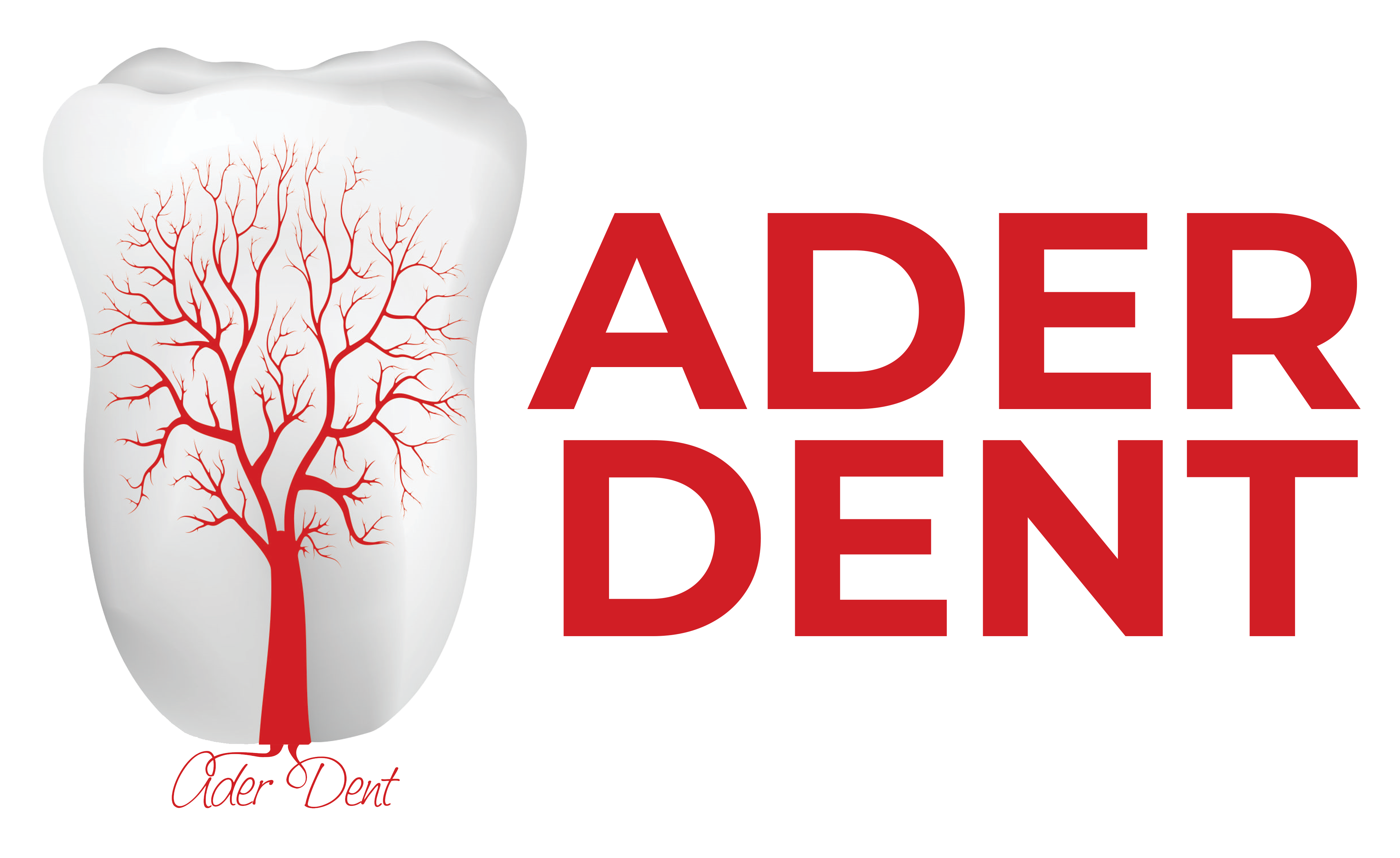

 TR
TR
